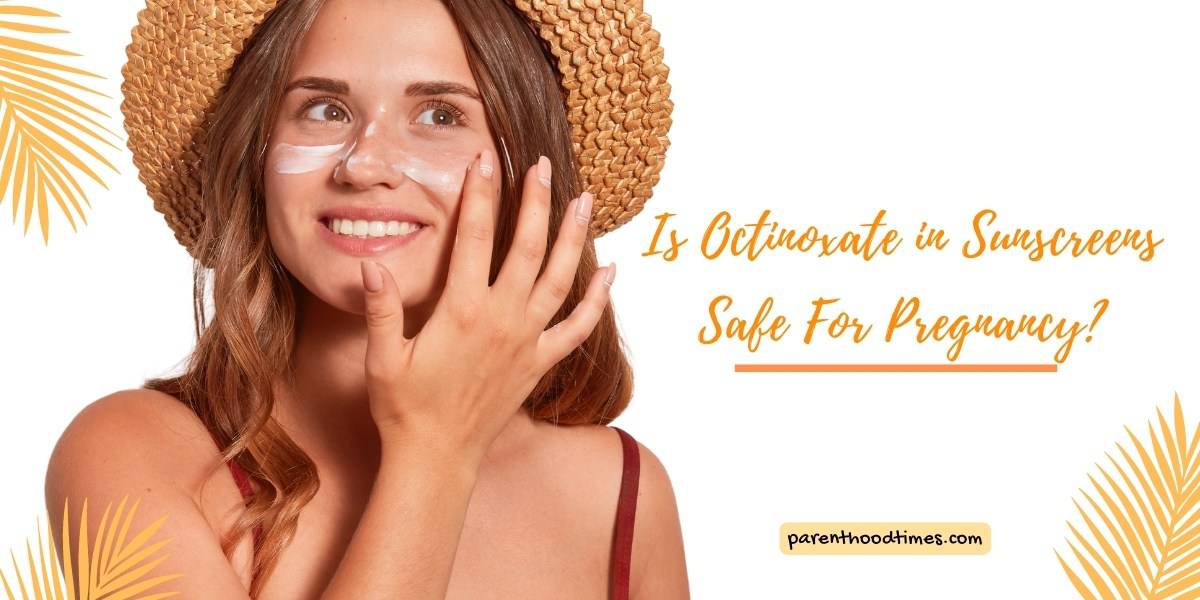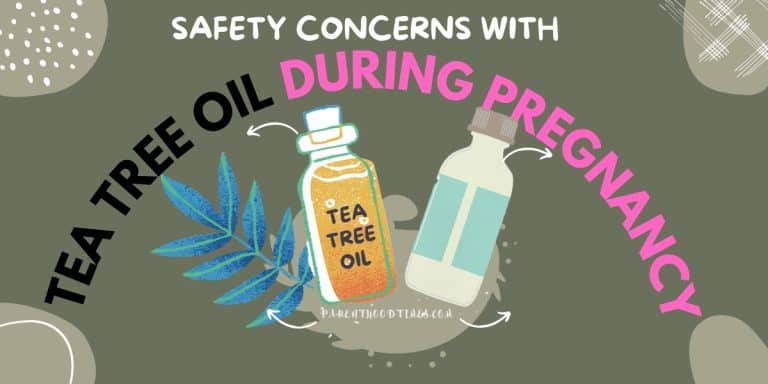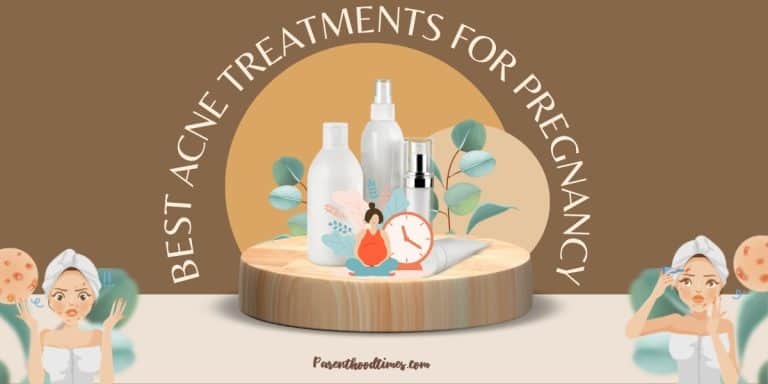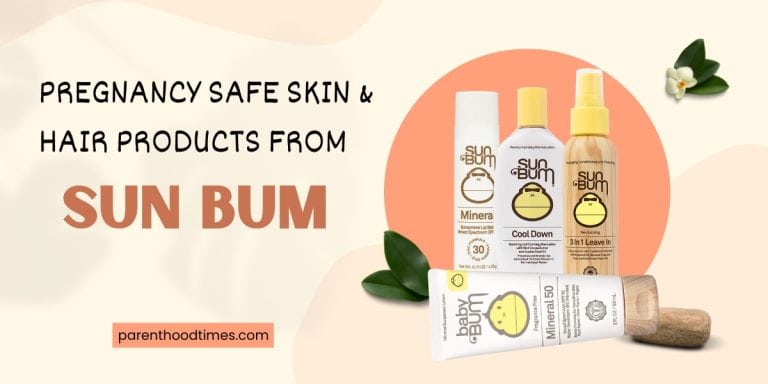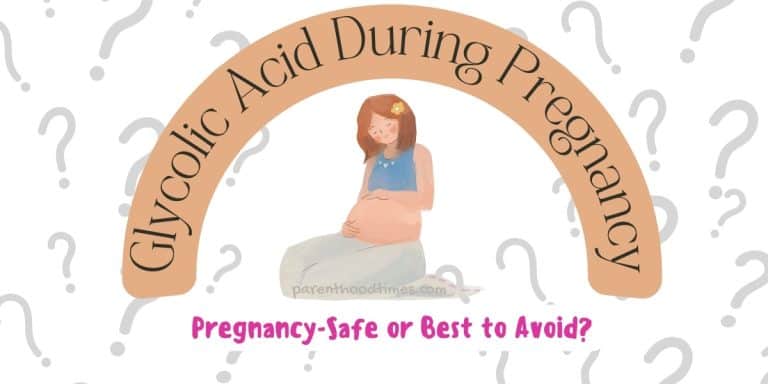Is Octinoxate in Sunscreens Safe For Pregnancy?
From the moment you know that you are pregnant, you start to think twice before using or applying anything to your body. Like many pregnant women, you might take the safer route and limit the use of makeup and beauty products because of the chemicals in them. But you can’t do the same with skincare products because you need to use some skincare products daily. So what can you do?
Being mindful of strange-sounding ingredients in your skincare products is one practical solution. Octinoxate is one of those unfamiliar ingredients you might discover in some of your skincare products, like sunscreens, moisturizers, lip balms, and a few more.
So the question is, what is Octinoxate? And is it harmful to pregnant women? Let’s explore these safety concerns regarding Octinoxate in pregnancy skincare routine!
What is Octinoxate?
Octinoxate, also known as Octyl methoxycinnamate, is produced by mixing sulfuric acid with methanol. This chemical substance is a common ingredient in sunscreens because of its ability to protect the skin from harmful UV rays.
Apart from that, this UV filtering agent offers some additional benefits for the skin.
- Using Octinoxate reduces the possibility of skin pigmentation.
- Have you ever heard about premature aging? Octinoxate is what saves you from this!
- Octinoxate helps protects skin elasticity.
Is Octinoxate Safe for Pregnancy?
Well, there have been very few studies to determine the effects of Octinoxate on pregnant women. Scientists haven’t found any significant impact of Octinoxate on reproductive health when used topically. In EWG’s skin-deep database, Octinoxate has a hazard score of 5. That means it’s an ingredient with fair toxicity concerns.
Final Thoughts
According to U.S. Food and Drug Administration, the safe limit for using Octinoxate in sunscreens is only 7.5%. It appears that limited use of Octinoxate is likely harmless, but it might cause skin issues like acne and contact dermatitis. Hence in general, experts recommend avoiding this skincare component while pregnant.

